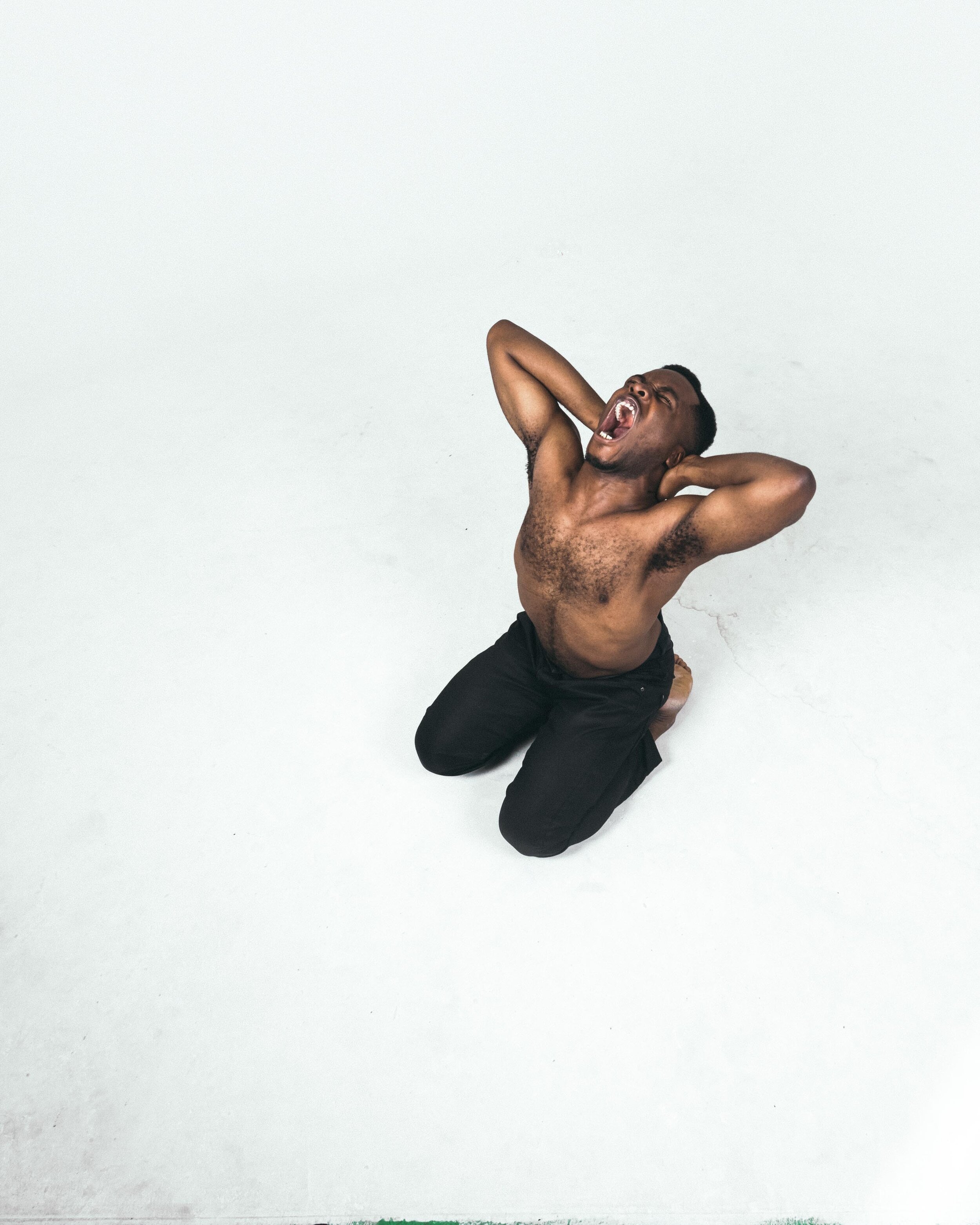Race, the Police, and a Dissertation. What was I thinking?
The mess sat there on the table in between us. I had just spilled all of my struggles, frustrations, the emotional toll that was ravaging my heart, my spirit; all of it spilt right in front of us. Dr. Crumpton looked me in the eye and with both compassion and conviction she grabbed my hand and said, “Let’s pray.” I can’t even begin to tell you, but this was one of the most meaningful and even enlightening moments within my PhD journey to date.
I haven’t been very upfront or forthcoming with my dissertation topic, mainly because no matter who you’re talking to it elicits a wide range of emotion and opinion. It’s a controversial subject for a white man to talk about: racism–––but really only with other white people.
In the early summer of 2014 I decided that for my dissertation I would research and study systemic racism within the justice system. A few years earlier I had been impacted a great deal by Michelle Alexander’s book The New Jim Crow: Mass Incarceration in the Age of Colorblindness, and her look at systemic racism within our prison system. My eyes were open, and in the words of the activists in this new Civil Rights movement, I became “woke.” I wanted to dive deeper into this subject, I wanted to explore more of its intricacies and nuance but instead of looking at the outcome (mass incarceration) I was more interested in looking at policing, which at the front line of the justice system is its the most visible representative.
Now before I go any further, a bit of a disclaimer. It is important to note at the outset that I do not have a complicated relationship with the police. This nagging interest was not borne out of strife nor experience. I have family who are police officers, friends who are police officers, have been protected by police officers, served in a church where we took care of and served police officers throughout the city in myriad ways–including as chaplains to the police department. This research is not a “hit job” on the “cops” but rather from a listening ear and a desire to understand.
This early, nagging question about policing and race took greater shape and focus after I read W.E.B. Du Bois’s book The Souls of Black Folk. “It wasn’t so much that black people were being dehumanized,” I thought, “rather they’ve never been seen as human at all by our policing systems and structures. They have remained as something ‘other.'” That was what I wanted to study. This what I wanted to test out to see if it held water.
And then Ferguson happened.
As the protests unfolded on tv and the police presence escalated while the nation watched, as the citizens of the city cried foul and the police strapped on riot gear and unleashed tear gas, I found myself wondering if this was really the right time to be studying such a phenomenon. I called my advisor (and now dissertation chair) Dr. Crumpton. “I can’t do this,” I told her. “This isn’t the right time to be studying something like this… it’s too raw, too emotional, to present tense.” “Take some time,” she told me. “Let it sit for a bit and see where you are, you’ve got more time to decide what you’re going to do. But know, that this is an important work.”
And then 12-year old Tamir Rice was shot by police while playing in the park…
and John Crawford III by the police in a Wal-Mart and the Grand Jury in Fergusoncame back with the decision not to indict Officer Wilson.
My doubts only intensified. Not only to wondering if I could do this, but would researching such a subject even be possible in this climate?
Dr. Crumpton once again told me to take some time, let it sit for a bit and see where I am. But know, “this is an important work.”
As I began the year-long journey towards PhD Candidacy, I was caught in limbo. A piece of strategy that I wanted to employ, after talking to several other PhD graduates, was using my Candidacy research towards my dissertation. Knowing I could skirt the issue of policing in my candidacy, I decided to write about Du Bois’s book The Souls of Black Folk. That would be a safe decision, and perhaps open me up to new avenues of thought in race towards my dissertation, right?
My Candidacy paper was entitled: “The Negro and the Imago Christi: W. E. B. Du Bois and The Souls of Black Folk”. In it I concluded that Du Bois is calling attention to the humanity of black people, arguing to gain their humanity in the eyes of the white world, for the presence of a soul, and countering against the theological and cultural positions of the day that black people were animals at best.
And all the while Walter Scott was shot by the police, and Freddie Gray, and Rekia Boyd, and Samuel DuBose, and Sandra Bland, and Mario Woods… and the list grew and grew.
I can’t do this. This is too much. I’ll never make it through this gauntlet. Can’t I write something different? Something emotionally easier? Something on servant leadership? This is a leadership studies PhD, who would say no to servant leadership?!
But it was too late. I had already ventured to far into the rabbit hole. The subject would not relent, it had pursued me and captured me. I was at its mercy.
Just before she prayed for me, Dr. Crumpton brought a spiritual angle to PhD studies that I hadn’t before considered. “Sometimes,” she said, “the dissertation topic is something that God reveals to you and calls upon you to study.”
Shit.
And you know, at the same time I think she’s right. I do have a sense of calling in this, and while the “what to” and “what for” are not necessarily clear at the moment, I do have a sense that something lay just beyond this.
Dr. Crumpton grabbed my hand and prayed for me. She knows that this is not only a difficult subject, but an already difficult journey has become that much harder as a result of this calling.
And so here’s where you, the reader, come in… I’m pretty sure this is outside of the norm for a PhD Candidate to ask, and it may sound strange but I need you to pray for me too. I am 8 months into my dissertation, 8 months into my research and the emotional toll of the subject has made for many sleepless nights, stress, anxiety, anger and tension in my heart and my head. I need your prayers, I covet your prayers, and I humbly ask for your prayers with both a sense of gratitude and a profound appreciation.
Grace + Peace be with you.










A reflection on the Capitol Insurrection of January 6, 2021 that was delivered for United Church. It was written as a diagnosis of what plagues the white Evangelical Church and a prescription for healing and change.